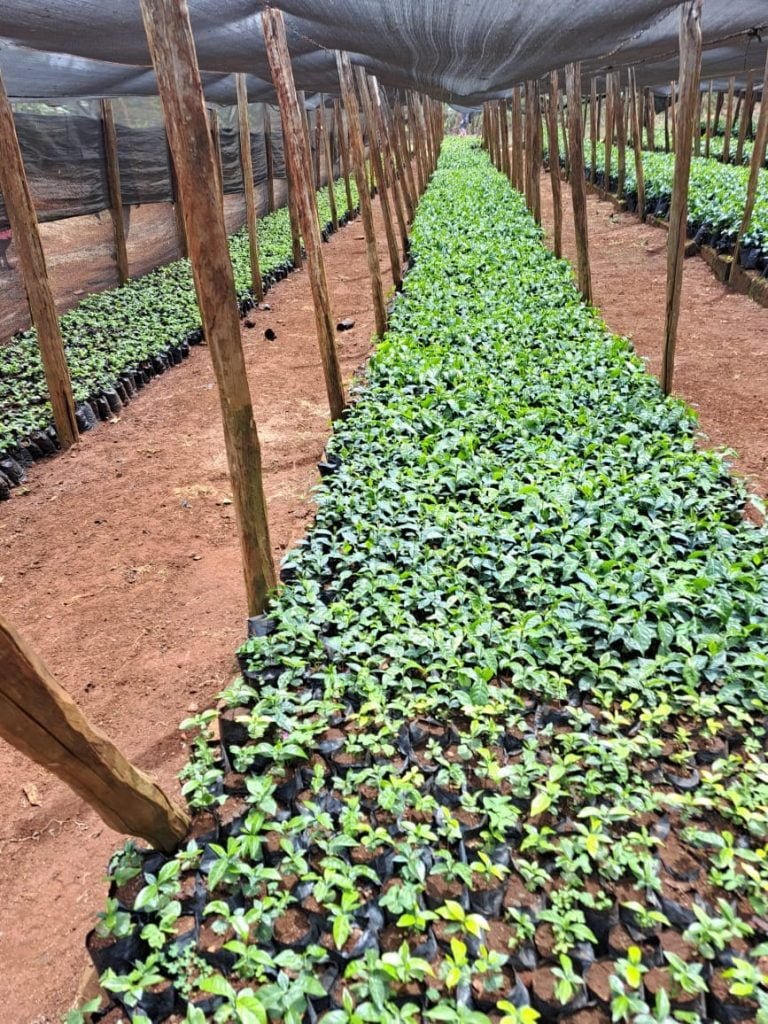The Elgeyo Marakwet County Government has unveiled an ambitious plan to establish a mega seedlings nursery capable of producing six million seedlings annually by the end of the year. The nursery will be located at Chebara Agricultural Training College and aims to significantly improve access to quality planting materials for farmers throughout the county’s 20 wards.
The nursery will focus on producing avocado, coffee, and tea seedlings, with plans to ensure equitable distribution aligned with the county’s diverse ecological zones. Farmers in the highland areas will be provided with avocado and tea seedlings, those on the escarpment will receive coffee seedlings, while farmers in the Kerio Valley will cultivate mangoes through a collaboration with the Kerio Valley Development Authority (KVDA).
This initiative is designed to support the county’s broader wealth creation policy by enhancing agricultural productivity and improving livelihoods. A major barrier to cash crop farming in the region has been the insufficient availability of seedlings. With the new nursery, farmers will be better positioned to transition into profitable farming ventures, boosting household incomes and promoting economic resilience.
In addition to the mega nursery, the county is encouraging youth and women groups to set up their own smaller nurseries. Budgetary allocations have been made in the current financial year to support the purchase of seedlings, empowering community groups to participate actively in the agricultural value chain.
This program also aligns with the county’s environmental conservation efforts. Through agroforestry, the initiative aims to reduce the frequency and severity of landslides, a persistent threat during rainy seasons. By promoting tree planting and sustainable land use, the county expects to mitigate environmental risks while supporting long-term agricultural development.
The seedling nursery project is also seen as a strategic approach to combating poverty, which currently affects nearly half of the county’s population. With increased access to cash crops, families are expected to become more financially self-reliant, reducing dependence on government bursaries for education and other basic needs.
Overall, the Elgeyo Marakwet seedling nursery initiative represents a transformative step toward agricultural empowerment, environmental protection, and poverty reduction.

